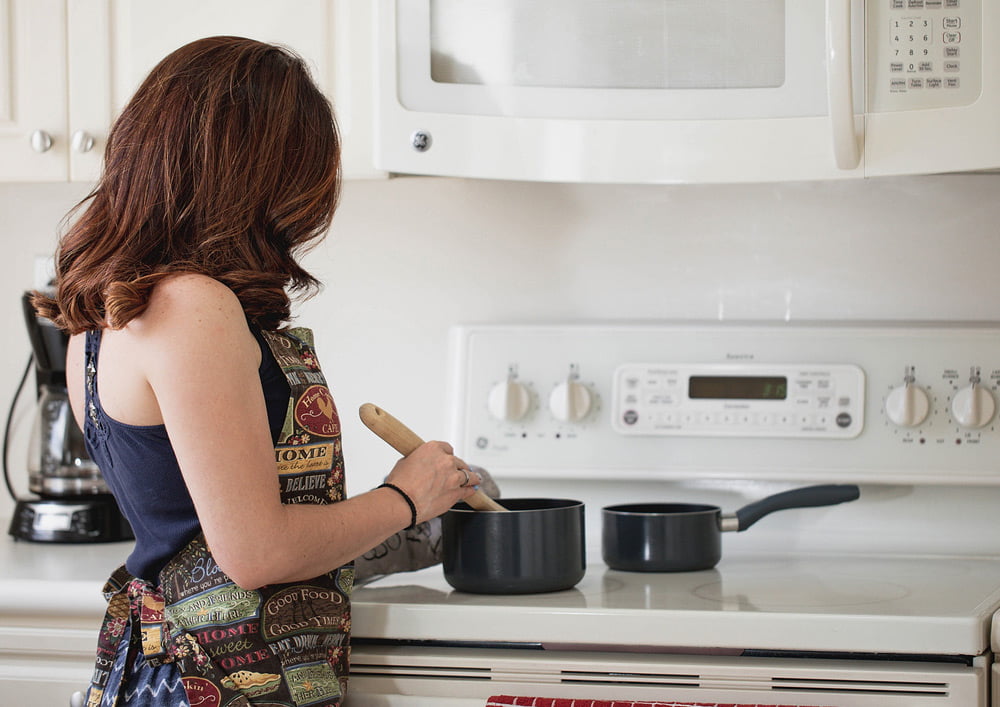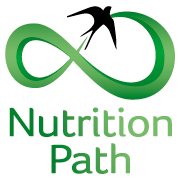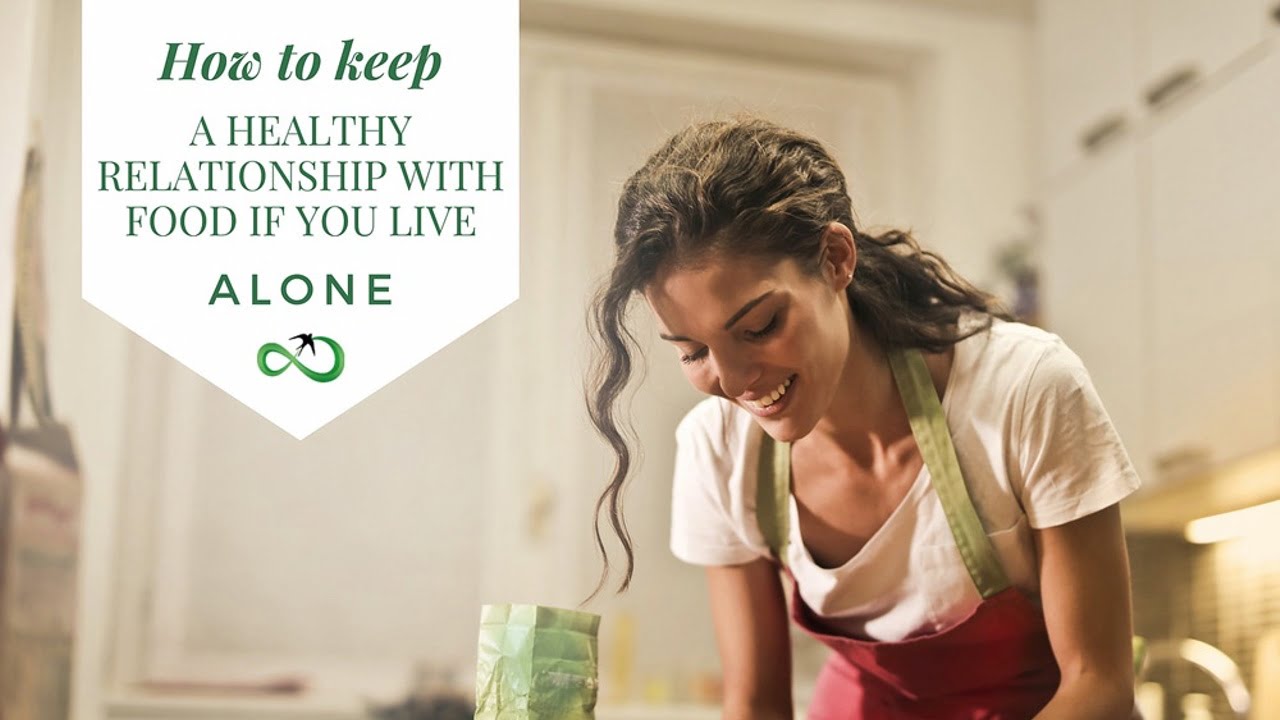A Wellbeing Index study, compiled in 2018, found that around a third of adults in the UK were routinely eating alone. Due to quarantines, lockdowns and general current uncertainty many people are finding themselves alone more of the time that usual.
If you work from home and live alone, you’ll find yourself spending most of your time in your own company. However, if you are not used to it or have a tricky relationship with food, you may find this situation very challenging. It may even drive you to overeat, binge and continuously graze through the day, which can lead you to feelings of guilt, shame and poor mental and physical health. This is also tightly linked to increased emotional eating and eating disorders.
So what can you do to keep a healthy relationship with food if you spend most of your time alone? Check out some suggestions on what you can do now to create more positive outcomes.
Eat regular meals
The temptation to just eat when you have time and when all other jobs are done can be big when living alone. In addition, not having somebody to cook with or eat with may contribute towards a tendency to put your self-care last. And there’s no doubt that nourishing, regular meals is a form of self-care. So aim to stick to a routine when you can and have at least 3 regular meals daily. That way the body can sustain its energy, regulate blood sugar and help you avoid grazing, binging and overeating.
Cook a more interesting meal at least a couple of times per week
When there is only one person to cook for, there is also a temptation to cut corners, just eat a little bit, snack or order in pre-cooked food. It is OK to do all of those things once in a while, however it is also key to take the time to cook some nourishing homemade foods. Aim to try out a couple of new recipes each month, find new favourites and share recipes with friends. If you cook the same things over and over, it will lead to “food fatigue” and might lead you to look for “more exciting” snack foods, processed food and sugar.
Put love into cooking and preparing your food and have fun in the kitchen with your favourite tunes and a little dance around, if that is your thing. Start to see food cooking as a simple, yet important way to look after yourself, rather than a regular chore.

Embrace mealtimes
Make mealtimes into your new favourite ritual. Create space to enjoy food just like you would if you were eating with somebody else. Lay the table, use your favourite crockery and cutlery and sit in your favourite spot at the table. Turn off any possible distractions and put some gentle music on or simply enjoy the view, if you can sit somewhere admiring nature. Perhaps you can create a decorative table centrepiece to enjoy or simply light and candle and put some fresh flowers out. Make it into a ritual to finish your day with, the one you look forward to.
Eat mindfully
This can be hard at first, if you are used to finishing your meals in 10min and getting on with your to-do list. Perhaps you even eat while standing, watching TV or working. This can contribute towards issues with digestion, poor food absorption and increased anxiety, therefore it’s a good idea to keep your mealtimes mindful.
Whereas “fight or flight” is a mode that the body is in when we are stressed, rushed and alert, “rest and digest” is where the body needs to be when we eat, for proper function of the digestive tract and the nervous system. Mindless eating can increase the consumption of food we eat by up to a third, as satiety signals might not recognise that food has gone in. Additionally, it may lead to dissatisfaction with the meal and grazing between meals.
Aim to switch off all the distractions when you eat, sit down to eat and put food on the plate, focus on the flavour, texture and smell of the food and take at least 20 min to eat your meals, so your body knows that food has gone in. Your body will thank you for it and you may notice that you need less food and feel more satisfied than you thought.

Eat out once in a while
If you avoid eating out because it feels strange to eat alone or too indulgent to go out to a restaurant or a cafe just for you, I challenge you to do it anyway and remember that you are worth the enjoyment, whoever you are eating with. Go to your favourite eateries and explore news ones. Focus on treating yourself to experiences and things you enjoy and knowing that you deserve it. Avoiding eating out completely may lead to lack of variety, unfulfilled needs and cravings for different types of foods, often translating into cravings for sugar.
If you struggle with overeating, emotional eating and binging and are finally ready to leave that in 2020, you may want to know that Food Peace Hub will be opening its doors for the last time in 2020.
Food Peace Hub is the ultimate online hub & community to end food obsession and discover food freedom for good, want to join us? Why wait till January, when you can start this year and hi-five yourself for it? Go to Food Peace Hub Waitlist to be the first to know when doors reopen. Can’t wait to see you inside!



